Can luxury leather goods be viewed as wise investments?

Luxury bags have been the epitome of style, fashion, and elegance for decades. The mere sight of a designer bag can make one’s heart skip a beat and evoke a series of emotions like joy, excitement, and even envy.
Designer bags have become a fashion staple for many women. The allure of owning a designer bag that's worth thousands of dollars is exciting for some, as they imagine their investment growing in value over time.
However, the truth might surprise you - not all designer bags are valuable investments. In fact, many of them are not worth the high price tag at all. But, do these coveted bags hold more value than just making a bold fashion statement? Which ones can be considered wise investments?
To answer these questions, I had the pleasure of speaking with Peter Nitz to get the inside scoop. In this blog post, we'll discuss why not all designer bags hold an investment value and how to identify bags that do.
Do you think luxury bags are worth the investment? Let me know in the comments! A longer video of this podcast can be watched here.
Peter Nitz believes that luxury bags indeed hold investment value. According to him, the worth of a bag simply depends on its demand. For instance, if a designer releases a limited edition bag whose demand surpasses its supply, that particular bag’s value would appreciate over time, just like how an appreciating property’s value would increase.
Apart from being highly coveted pieces, luxury bags differ from other fashion articles, such as clothing or footwear, in terms of the longevity of the material and craftsmanship. High-end designer bags remain in excellent condition if well-maintained, making them durable and lasting throughout the years. So, unlike trendy clothing articles, luxury bags can be passed down through generations and often fetch high resell prices owing to their quality.
One of the reasons why luxury bags are so valuable is because of their reputation and exclusivity. Brands like Hermes, Chanel, and Louis Vuitton are known for their exceptional craftsmanship and materials, as well as their limited production. The exclusivity of these bags commands a high price tag and makes them sought-after collectibles. Owning a luxury bag from one of these brands can cement your status as a fashion connoisseur and elevate your style game.
However, Peter Nitz warns potential buyers that not all designer bags hold an investment value. The mass-produced bags displayed at department stores and fashion outlets do not appreciate in value and can, at most, retain their original price or a little less. They lack uniqueness and exclusivity, and people who are looking for a bag to serve as an investment will not see their money grow with these types of bags. Thus, it's crucial for buyers to be knowledgeable about the market and understand which bags have a higher investment value.
On the other hand, luxury brands with long-standing reputations, exclusivity, and limited editions can be worthy investments. They have proven to hold their value and even appreciate in value over time. However, not all bags from these high-end brands are equal when it comes to investment value.
While luxury bags from high-end brands are regarded as top-quality pieces, it's important to note that the quality of leather goods can vary from one brand to another. Some brands, like Hermes, have a reputation for using the finest leather materials and have a rigorous quality control process. Meanwhile, other brands may use cheaper materials and have lower standards of quality. When investing in luxury bags, it's important to do your research and ensure that you're buying from a brand with a top-notch reputation for quality.
If you're interested in luxury bags from high-end brands, it's important to read reviews and do your research before making a purchase. Tanner Leatherstein reviewed a number of luxury bags and products from Hermes, Chanel, Louis Vuitton, and various brands, and has provided valuable insights into their quality, design, and value. His brand reviews can help you make an informed decision when investing in a luxury bag.
Investing in a designer bag requires knowledge and research about the market. It's important to identify which bags are sought after by collectors and fashion enthusiasts. Limited edition or rare designs, high-quality craftsmanship, and historical significance are factors that can influence a bag's investment value.
Peter Nitz also stresses the importance of authenticity when investing in luxury bags, stating that buyers must ensure they are purchasing original items. Counterfeit designer bags look real but have a much lower quality and lack the craftsmanship, materials, and exclusivity that authentic designer bags have. Therefore, it's crucial to buy from authorized dealers and established companies, providing a guarantee of authenticity.
Another factor to consider is the condition of the bag. Like any investment, a bag's value can be affected by wear and tear. Bags that are well-maintained and kept in excellent condition have a better chance of retaining or appreciating in value. It's also important to note that investing in designer bags should not be the sole reason for purchasing them. A bag should serve its practical purpose and bring joy to the owner. It's only an added bonus if the bag also happens to hold investment value.
Conclusion
Investing in luxury bags could be a wise decision for buyers who know the market. These statement pieces hold value in terms of exclusivity, quality, and craftsmanship, making them worthy of investment and even collectibles.
However, buyers must ensure authenticity and brand reputation when making such investments. Luxury bags are not a guarantee of sound investment; they are a high-risk allowance for individuals who possess the necessary knowledge and understanding of the market. Whether a fashion statement or an investment, luxury bags continue to captivate and inspire people worldwide.
Buying bags from mass-produced brands will not hold significant investment value. Investing in luxury bags requires research and knowledge about the market as well as identifying what factors affect a bag's value. Condition, rarity, craftsmanship, and historical significance are just some of the factors that can influence investment value. And finally, it's important to remember that a bag should be bought for its practical purpose and the joy it brings, regardless of its investment potential.





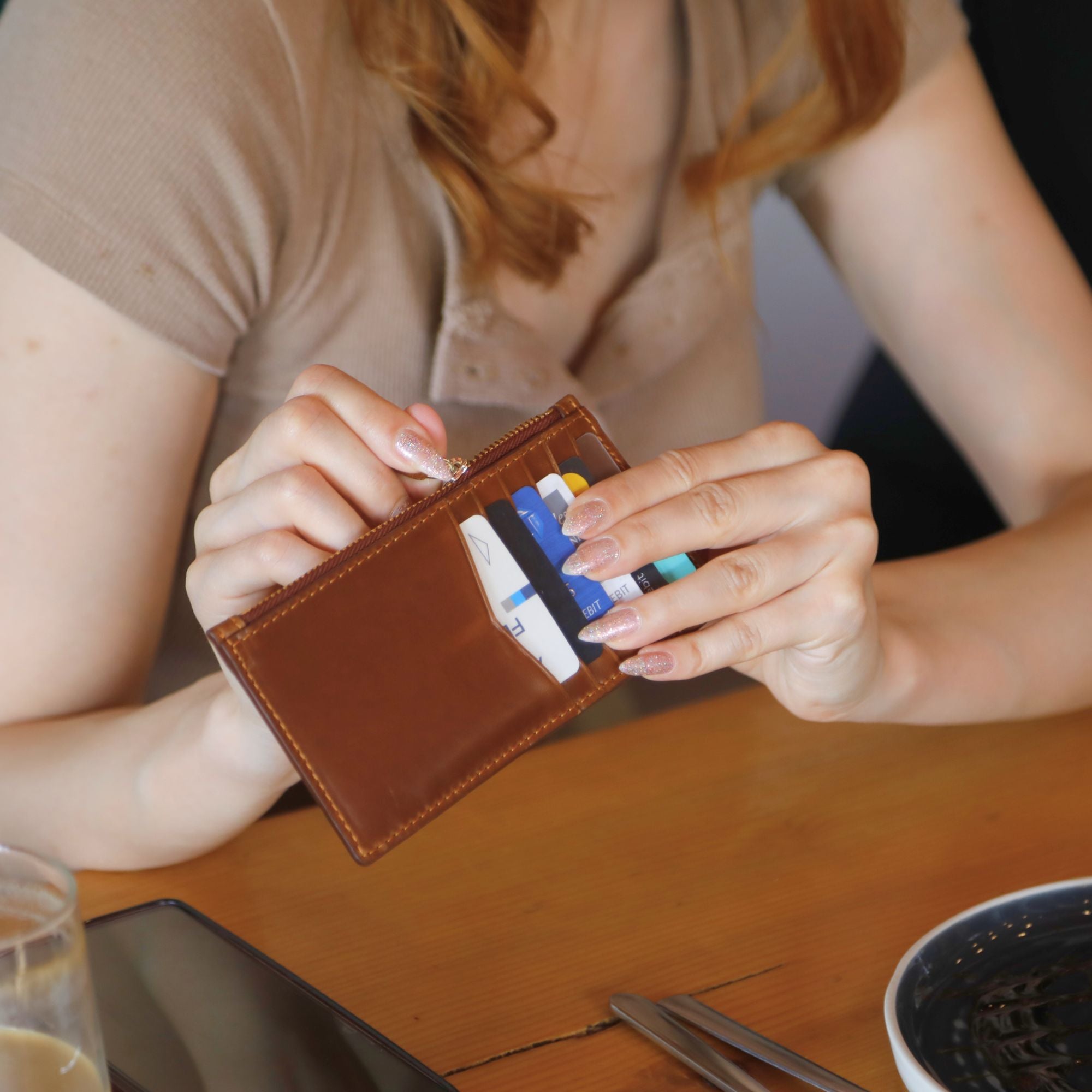
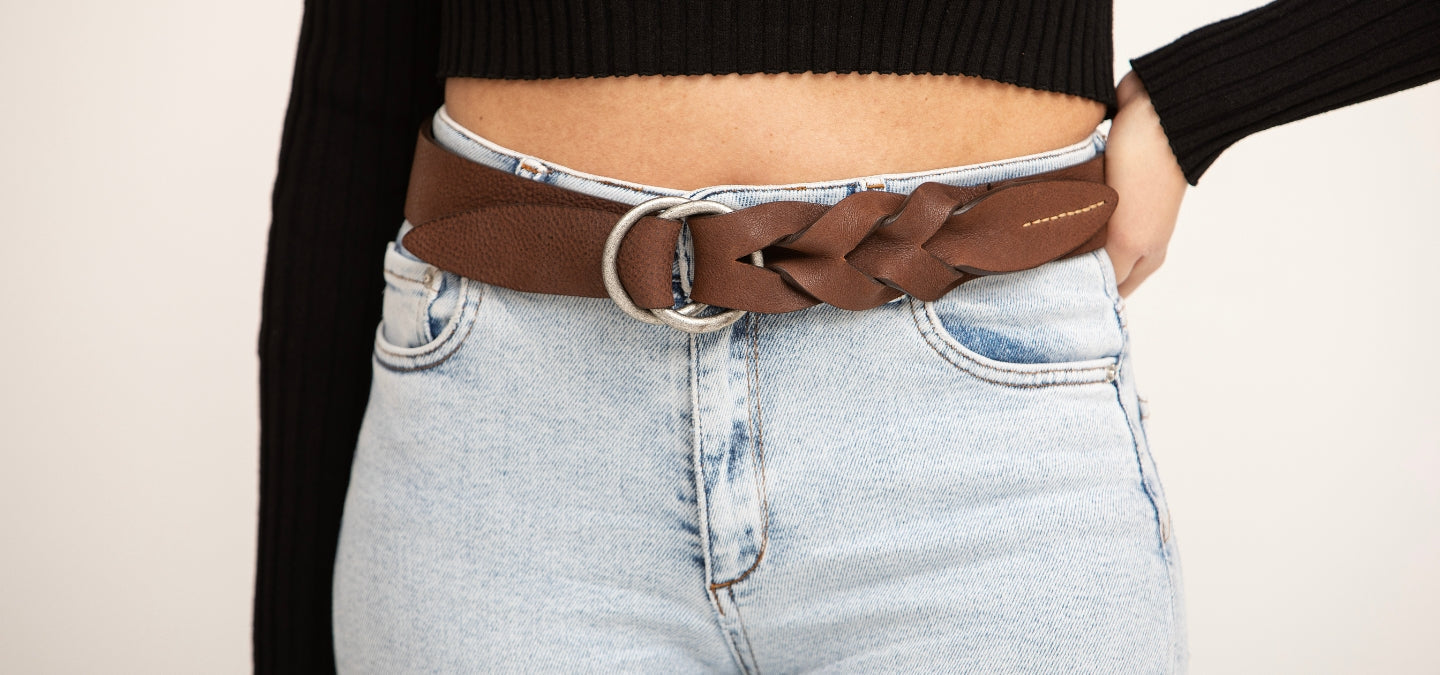
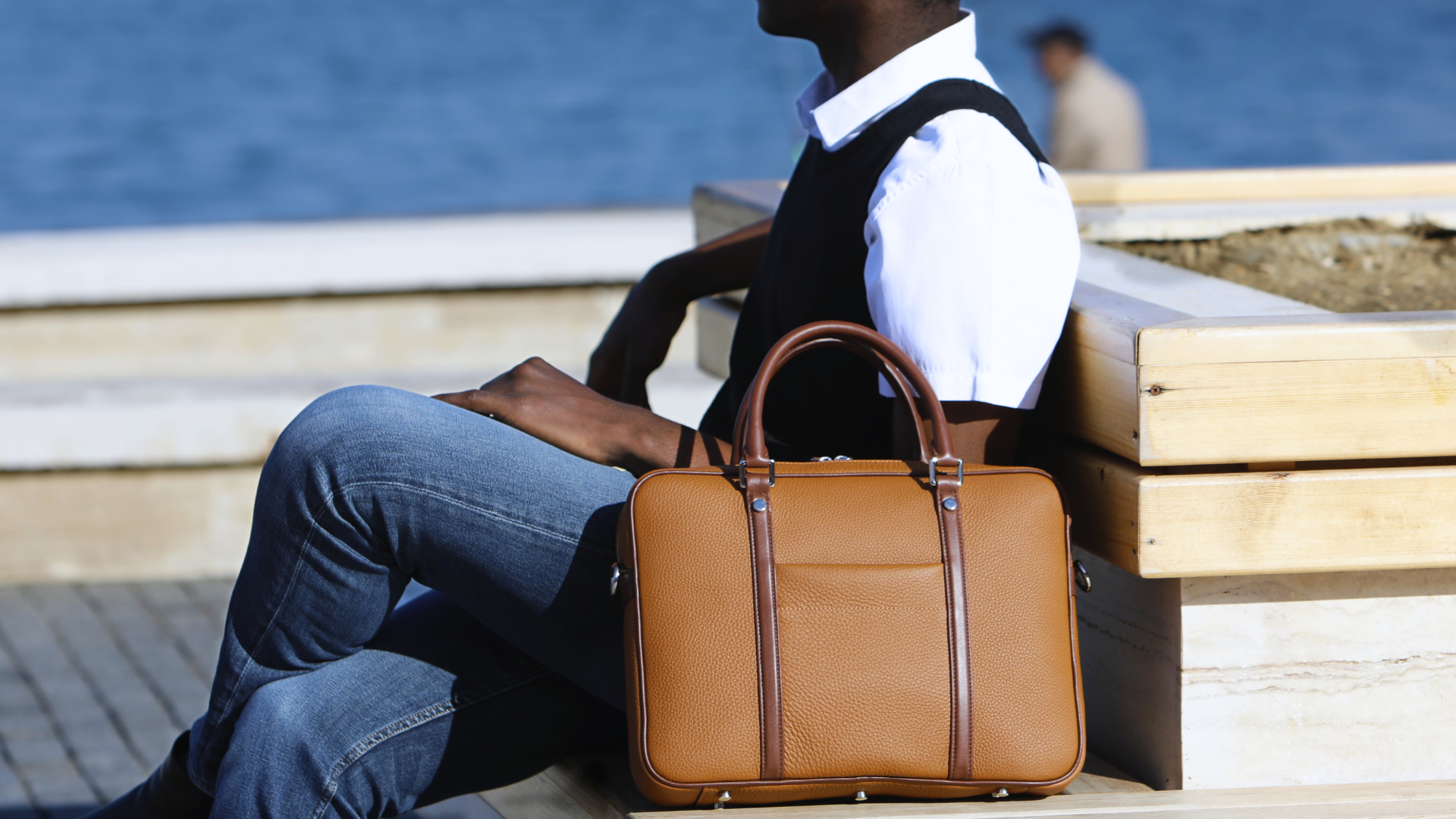
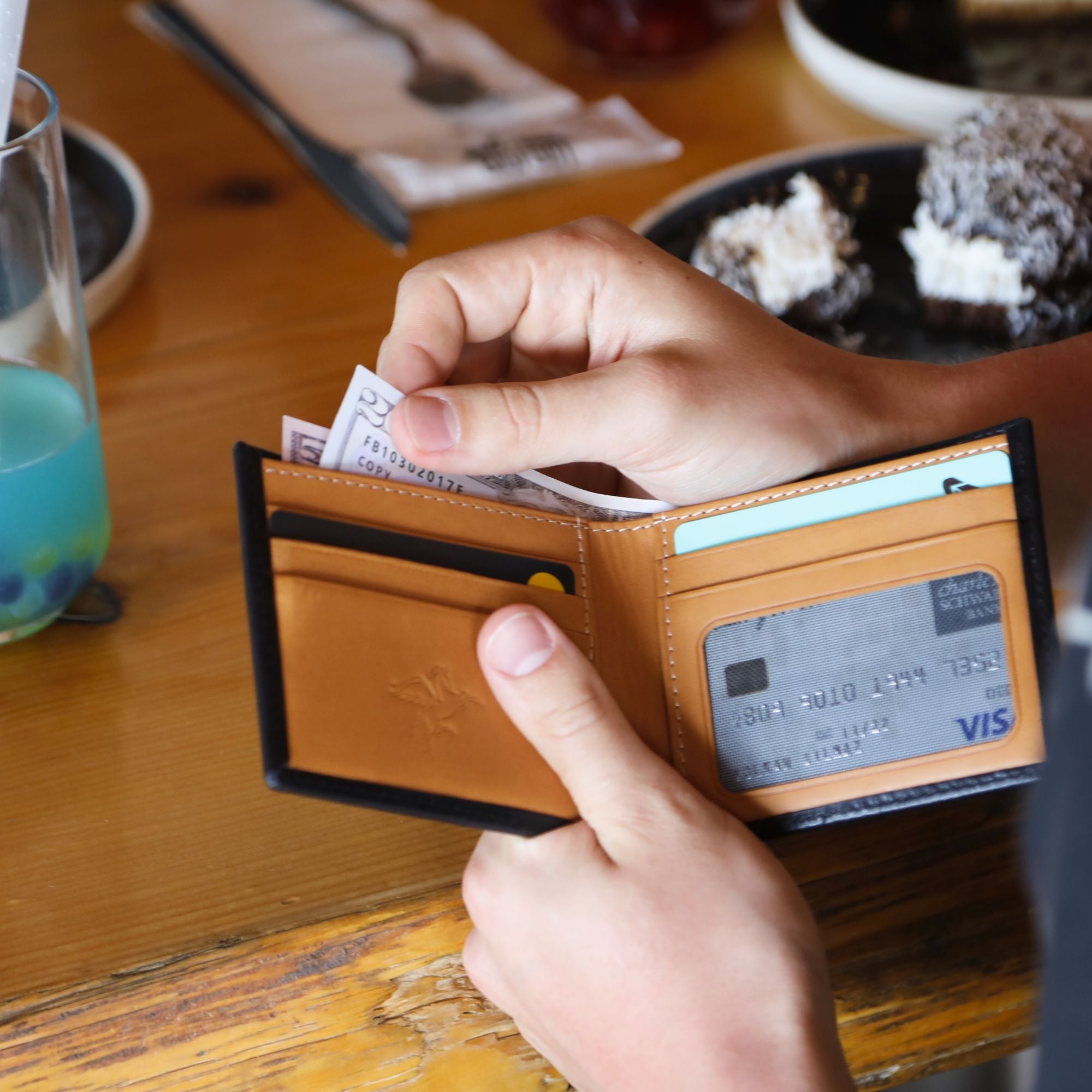
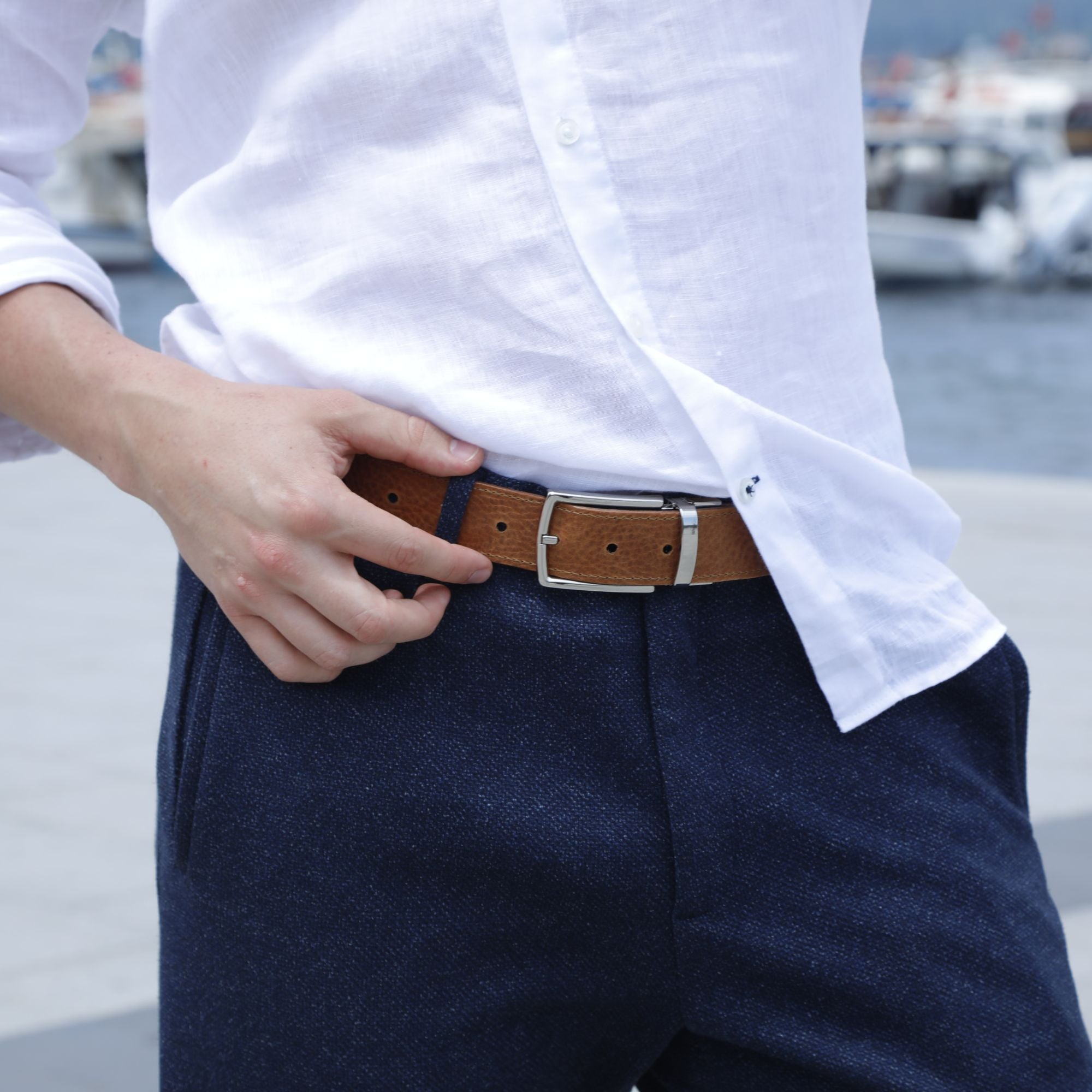
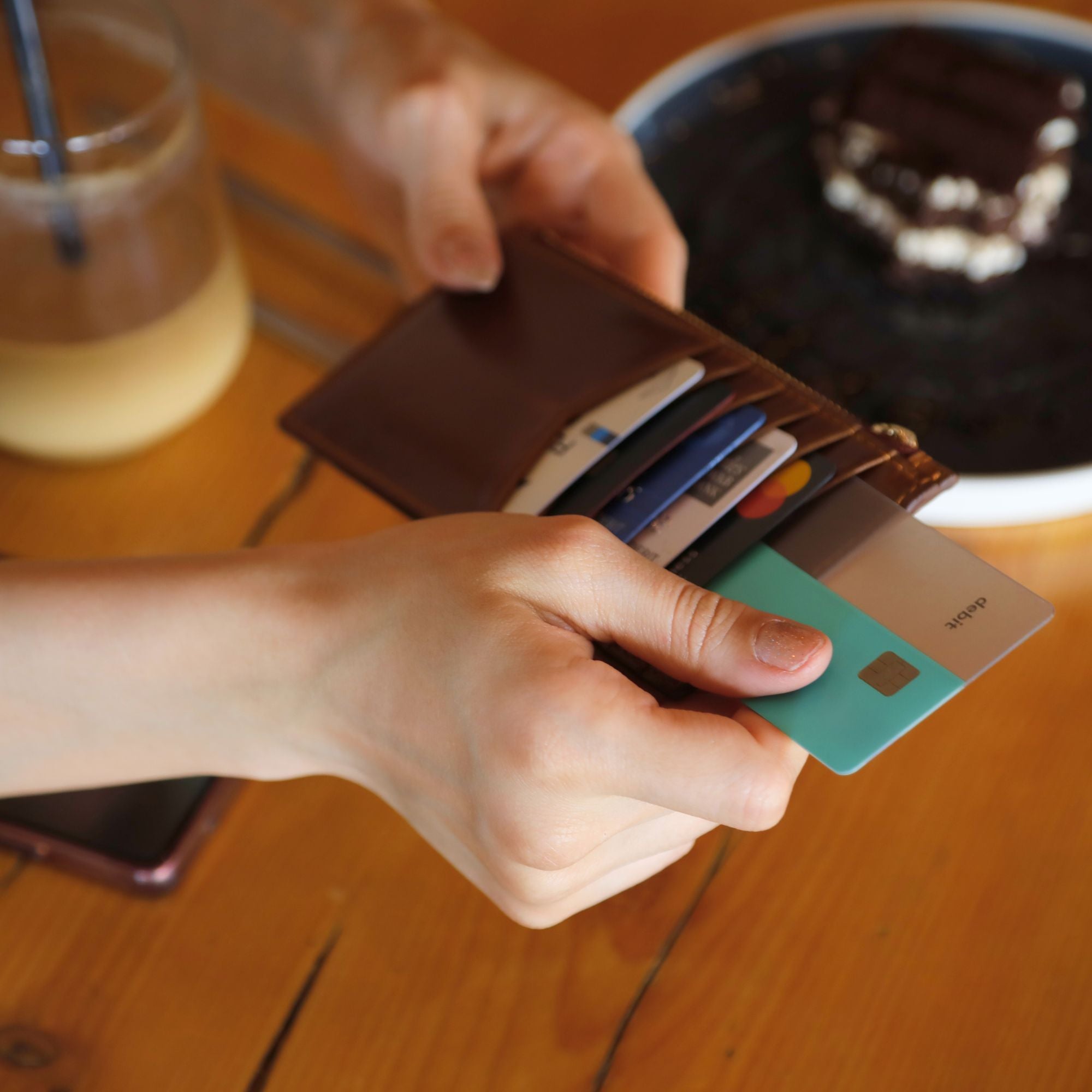
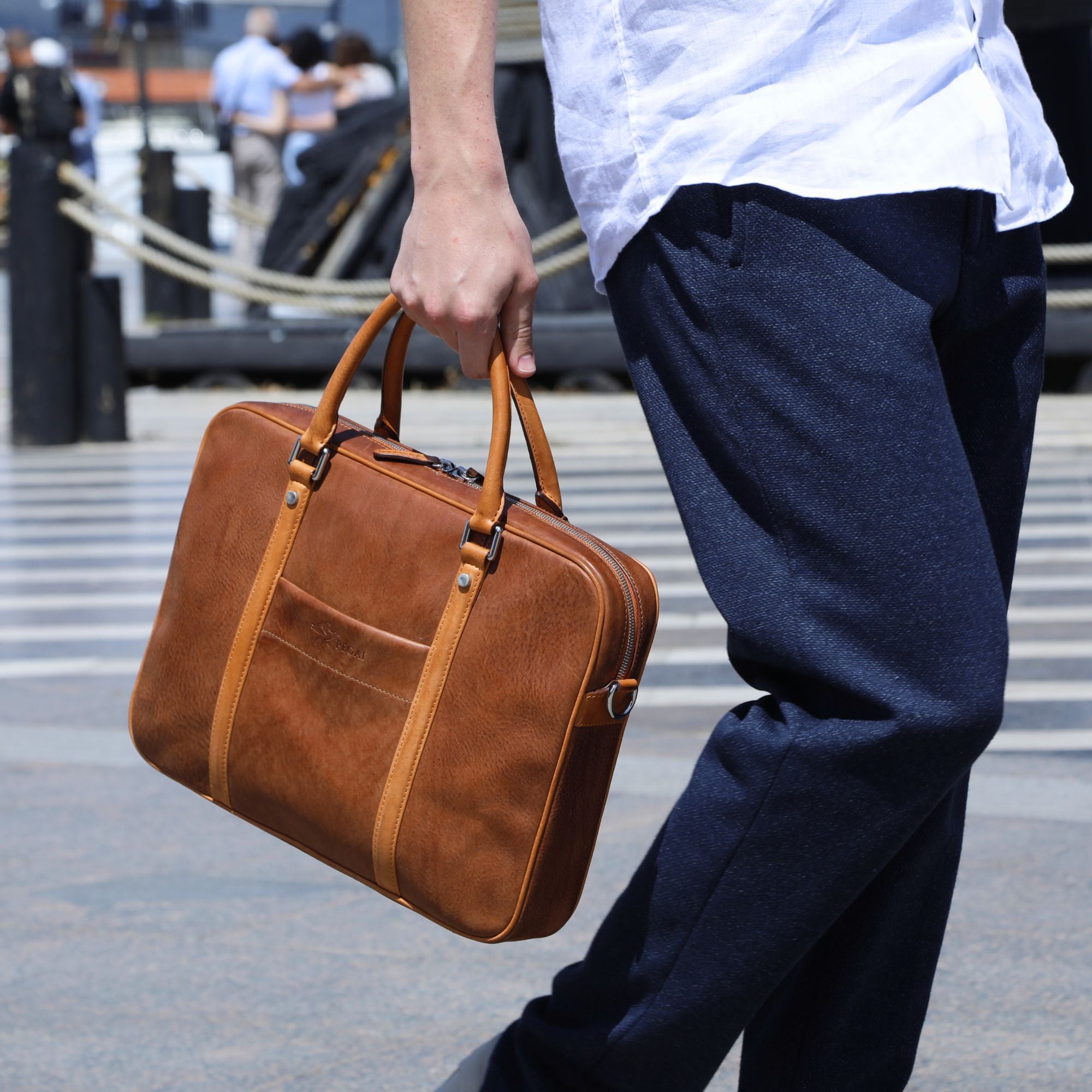
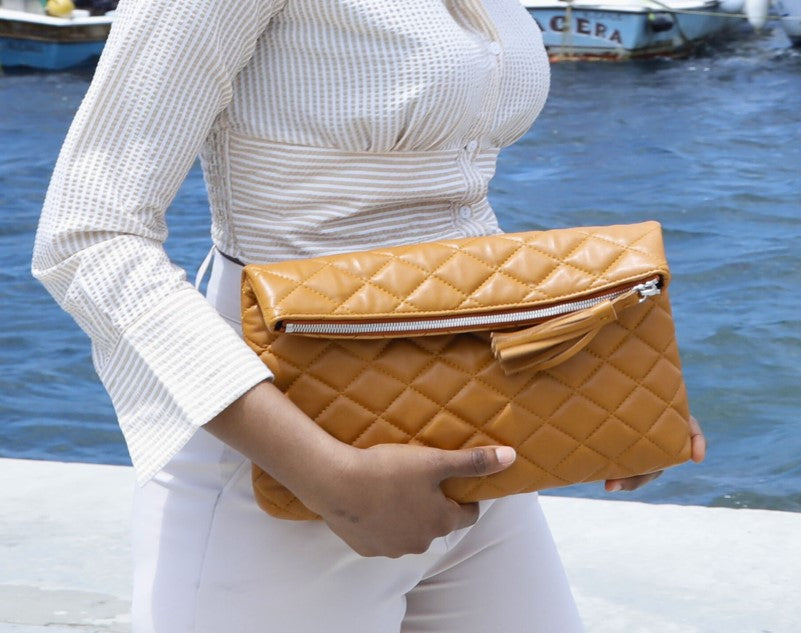
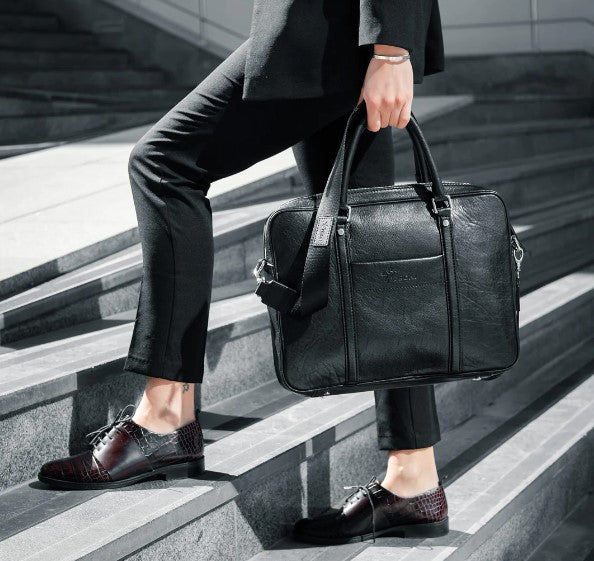
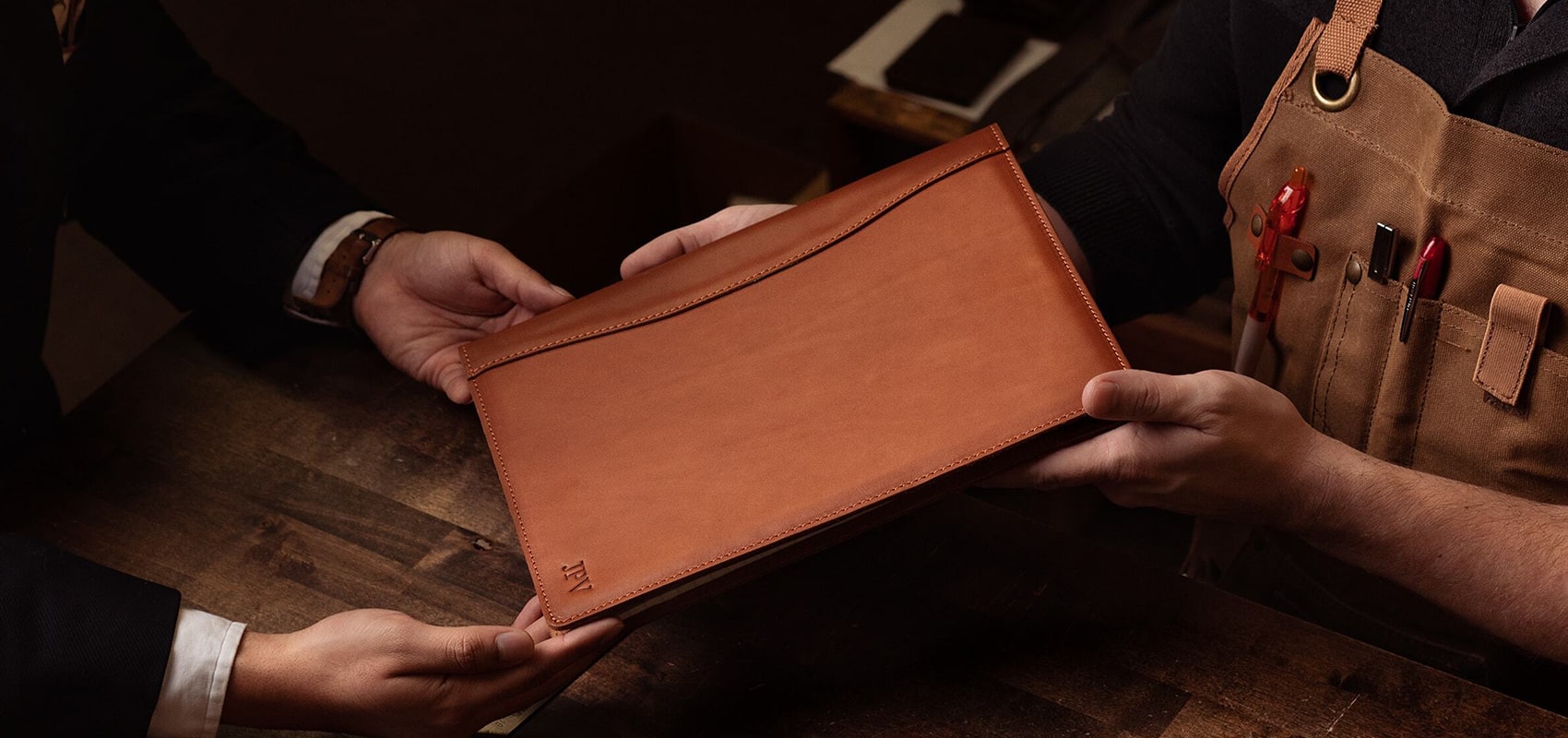
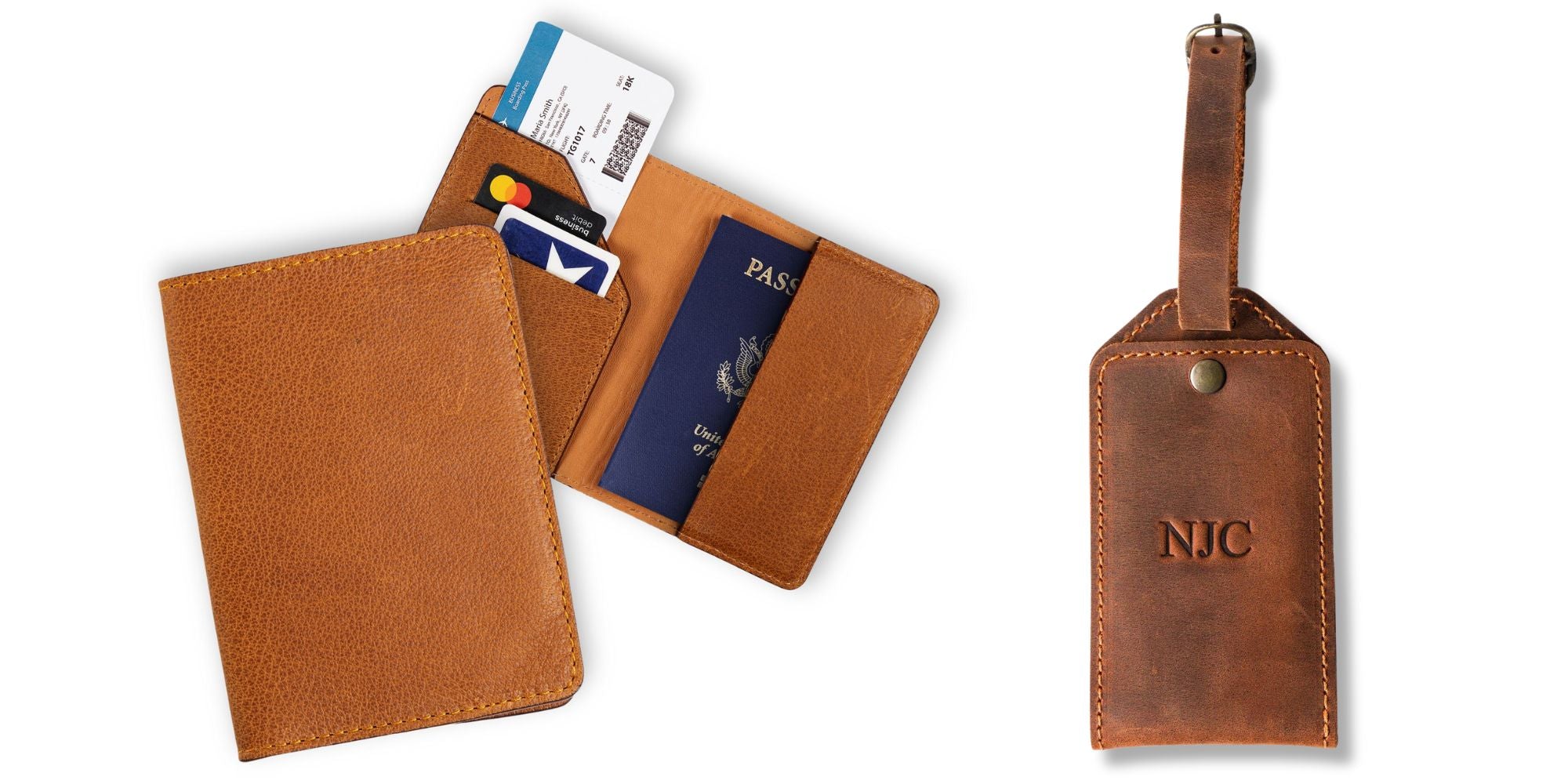
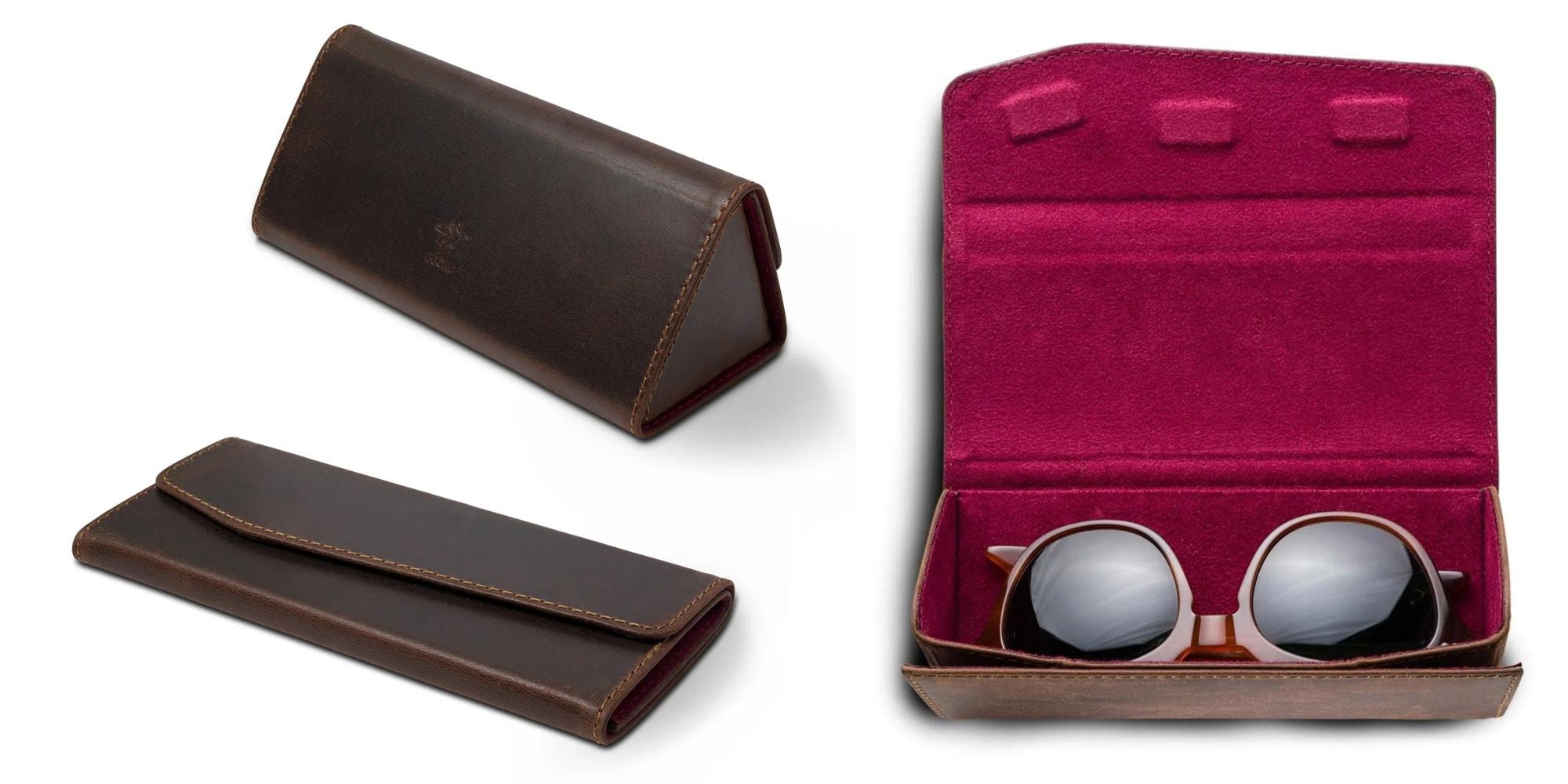
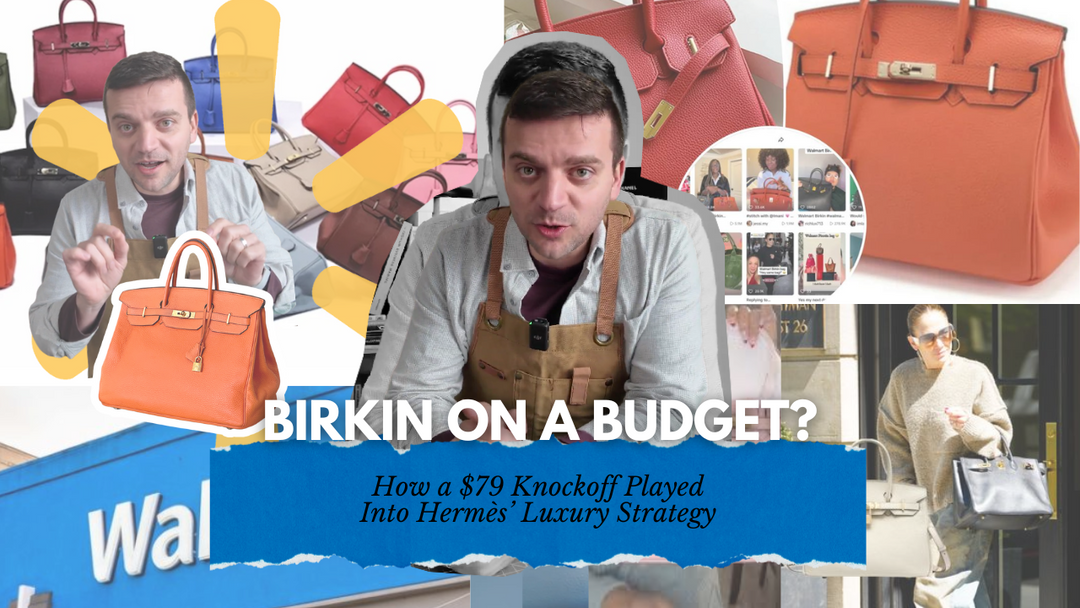

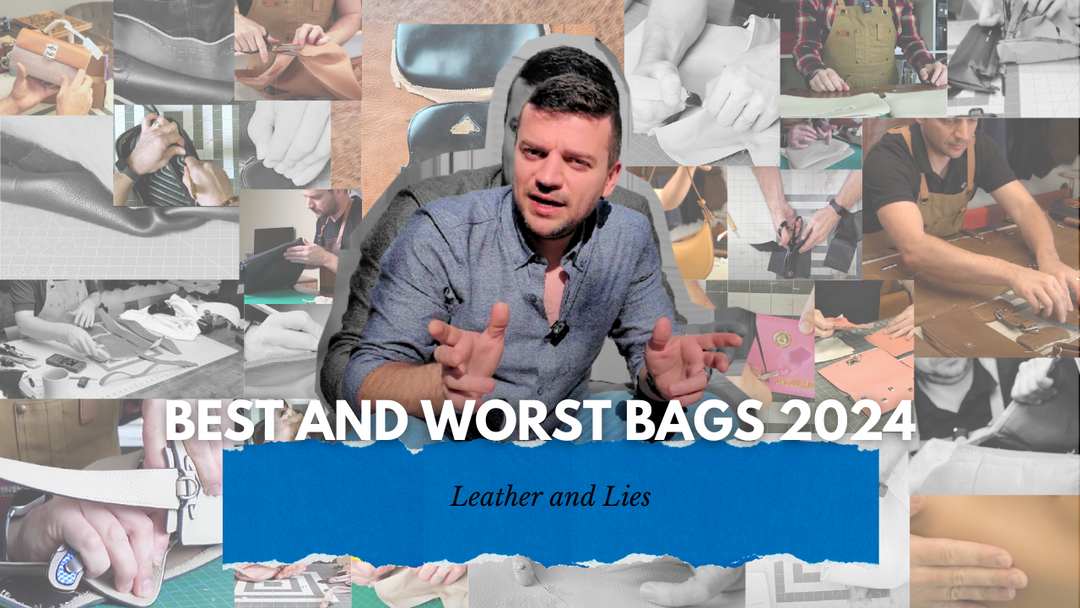
Leave a comment